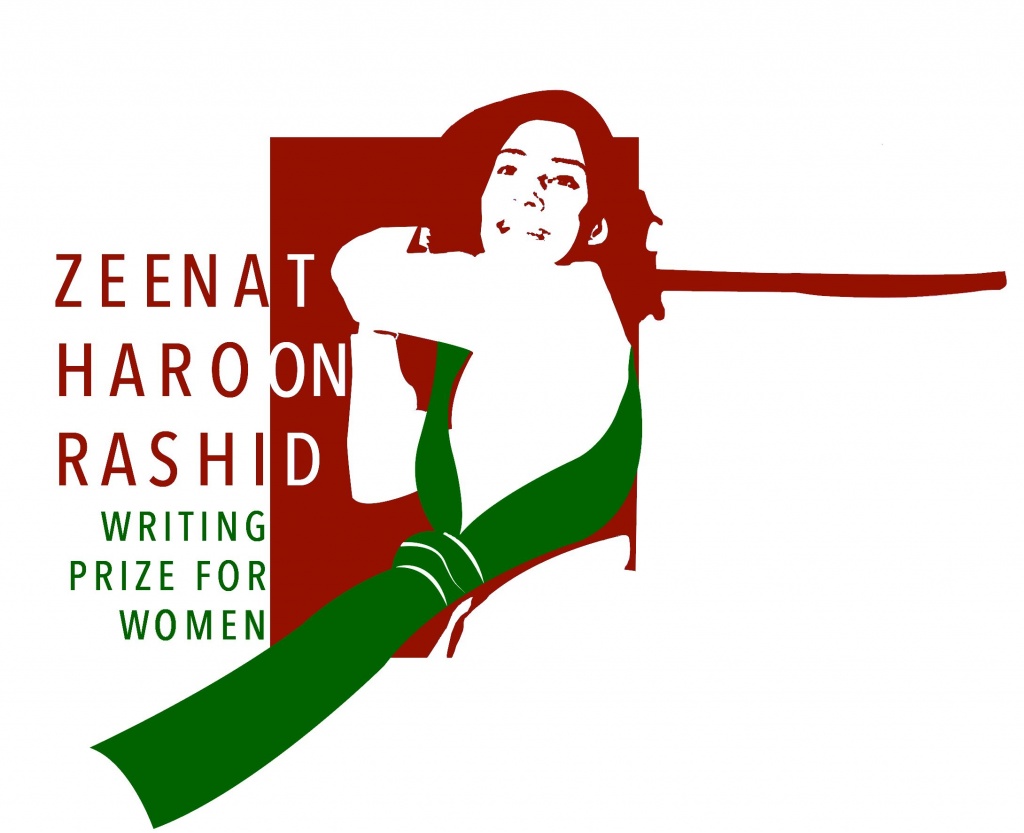The Zeenat Haroon Rashid Writing Prize for Women is pleased and proud to announce that the Award for 2020 goes to Lahore writer Raniya Hosain for her polemical essay Portrait of a Woman in Pain. She will receive a cash award of Rs. 100,000
This year the Prize was restricted to non-fiction writing and the winning submission was chosen from over 350 entries. At just 21 years of age, Raniya Hosain is a precocious talent who had shown early promise when she won the Queen’s Commonwealth Essay Competition in 2014 at the age of 15. Hailing from Lahore, Raniya is currently studying for her Master’s degree in English Literature at King’s College, London.
Raniya’s experiential examination of womanhood in Pakistan weaves a picture that is at once personal and prosaic as well as universal and profound. The judges agreed that they had found an original voice with a striking command of her craft and were particularly impressed by the variety of genres on offer in her submission: “It’s comic, it’s sad, it’s angry. A clever, multi-dimensional piece full of memorable one-liners and razor-sharp wit.”

The judges also Highly Commended the remaining shortlisted entries for their literary merit:
BAD HOUSE by Ayesha Alizeh Arbab. An evocative piece of writing, that takes one seemingly mundane complaint and allows it to unfurl into an unsettling psychological study. The writing deftly creates a suffocating atmosphere and sense of foreboding, exploring the claustrophobia of the domestic sphere – a theme especially pertinent during lockdown.
FATHERS BE GOOD TO YOUR DAUGHTERS by Tooba Masood-Khan. An unsentimental, but emotive description of a harrowing moment and a complex familial relationship told with impressive clarity and courage.
HAIRY by Sara Khan. A compelling piece of writing full of humour and wry wit, that takes one absurd beauty standard and uses it to analyse overarching patriarchal structures. The author skilfully shows how Western feminist theory is not always a match for lived reality in Pakistan.
INHERITANCE by Yumna Baloch. A warm, delicate portrait of a complicated grandmother. Moving and inspiring, it explores the hidden rebellions of women of different generations and examines how memory is formed through the telling of stories.
MOTI, SAAND by Angbeen Abbas. A brave memoir about how trying to conform to conventional notions of attractiveness in Pakistan manifests itself in debilitating body dysmorphia, and how the strength to resist such toxic pressure can be found in solidarity with other feminists.
The high quality of the writing completely exceeded the expectations of the judges. They agreed that the shortlisted writers each displayed excellent literary skills and above all, courage, in tackling some uncomfortable truths. Although particular to each woman’s experience, the writing on the whole kept coming back to similar themes. One of the judges, Alice Albinia, commented: “It may be my imagination, but I felt as if the women were writing in solidarity with each other. This powerful array of voices coming out of Pakistan should be heard!”
The winning submission will be published in in a national newspaper, both online and in print in December, and all shortlisted submissions will be posted on the official prize website, www.zhrwritingprize.com shortly thereafter.
